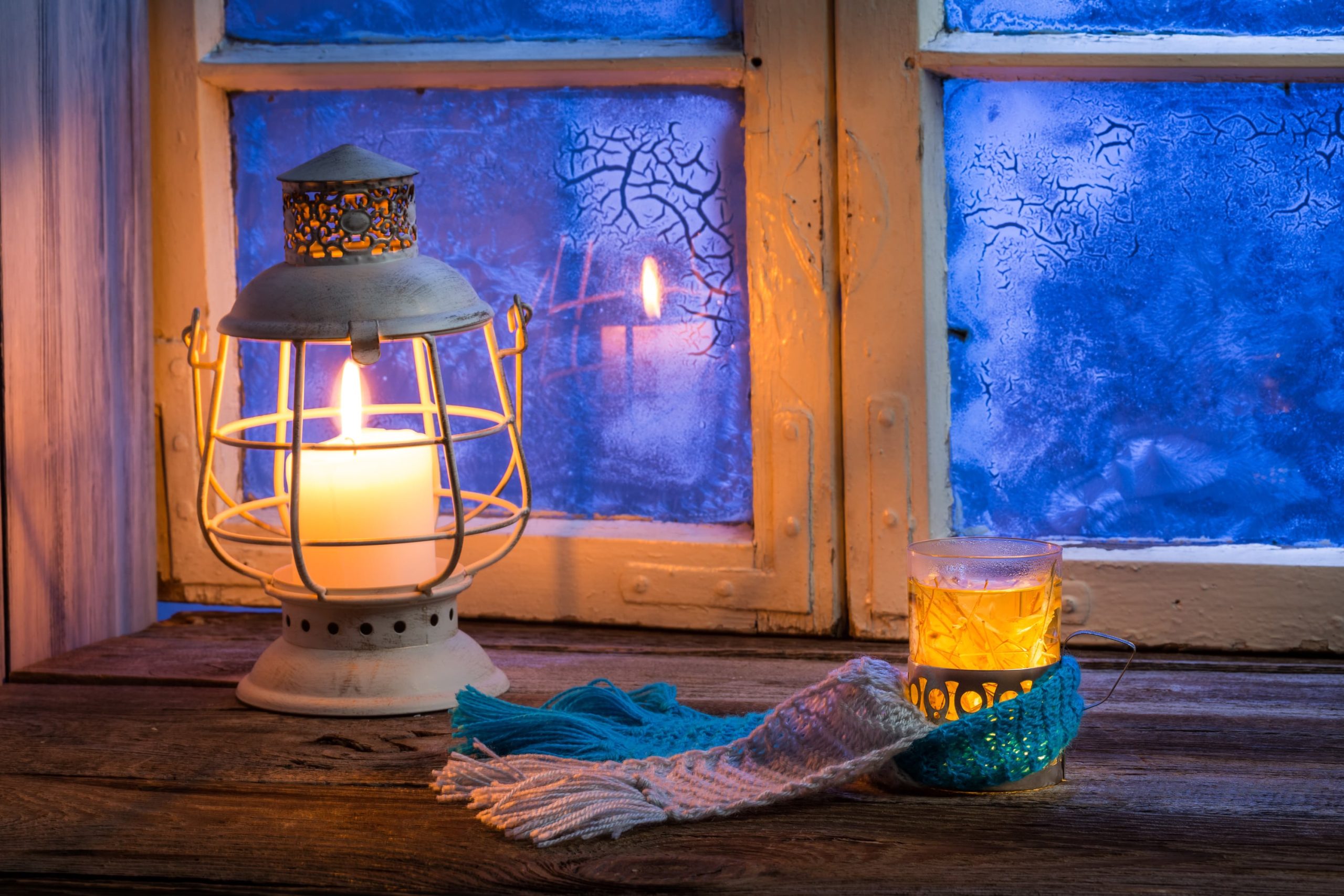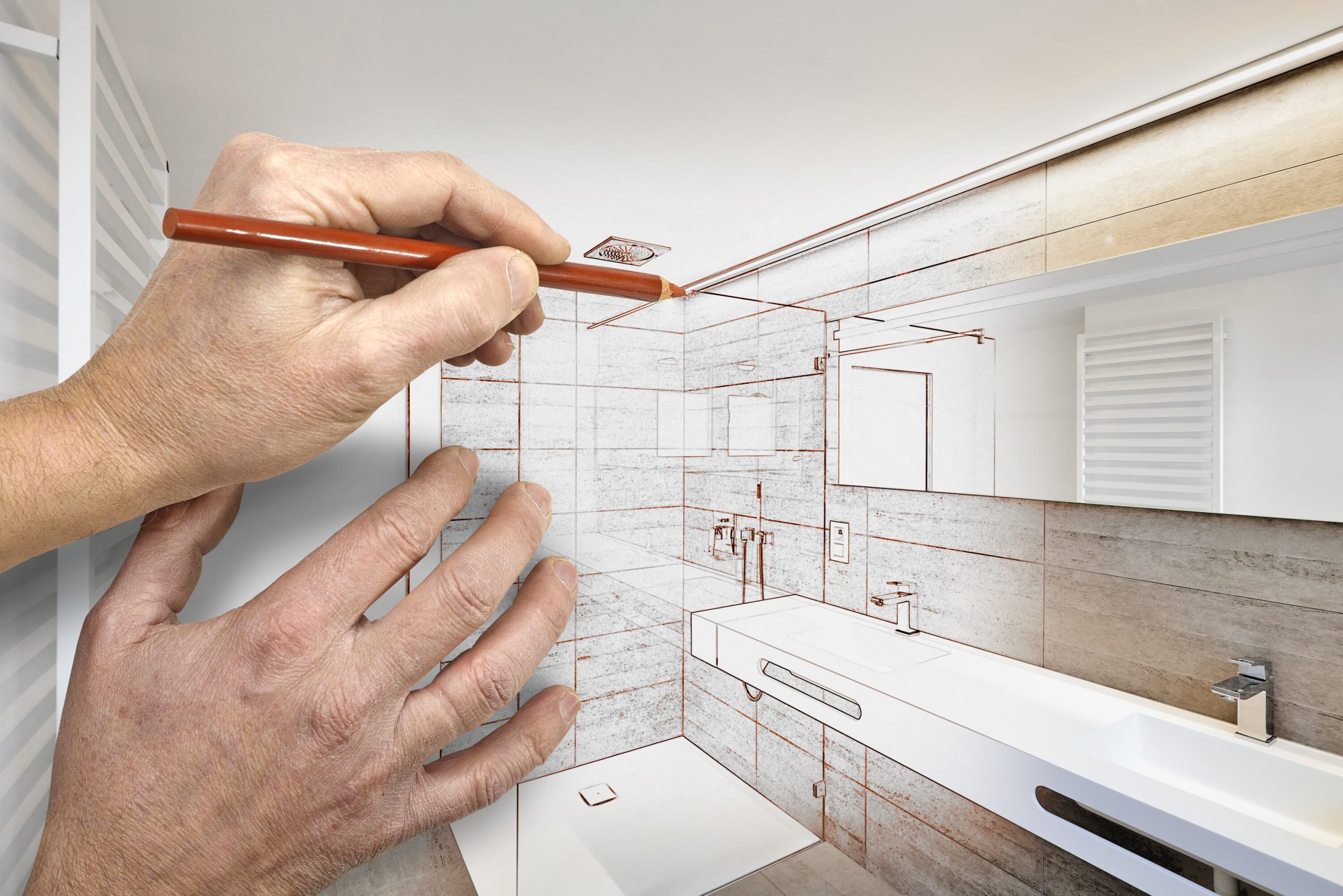
Taking Care of Your HVAC During Snow and Ice Storms
We don’t get extreme winter weather very often here in the Tennessee Valley, but when we do, you may find yourself wondering what you need to do to take care of your HVAC system. In general, HVAC systems are built to be tough and able to withstand a wide range of weather conditions. There are some things you can do to help make sure your HVAC keeps running strong all winter long.
Let It Breathe
- It’s extremely important for your outdoor unit to get adequate airflow at all times. During the summer, that means trimming back groundcover and shrubs. During winter weather, you want to make sure that your unit is not getting smothered by ice or snow.
- If there’s heavy snow on the ground around your unit, very carefully clear it away. Take great care not to hit the unit with your shovel as this can easily mash or bend the delicate fins. You want at least eighteen inches of clear space on all sides of the unit for proper airflow.
- Sometimes snow or ice can collected on the top of the unit. You should very carefully clear it away using a soft brush or your (gloved) hands. Don’t bang away at the ice, and don’t pour warm water over the unit. Pouring water on the unit can cause further damage if the water refreezes inside it.
- Do NOT cover your heat pump or furnace during the winter. Again, proper airflow is extremely important for these systems to work safely and correctly.
Frosty the Heat Pump
It’s normal for the coils of a heat pump to develop some frost or ice on them in very cold weather. However, your heat pump should automatically go into a defrost mode to melt the ice. If the ice still hasn’t melted after your heat pump has been defrosting for thirty minutes or more, you should call your trusted HVAC company for service.
See Also: Should I Cover My Heat Pump in Winter
Keep the Exhaust Clear
If you have a gas furnace, make sure that snow and ice don’t block the exhaust vent. A blocked vent can cause your furnace to shut down. It can even create a dangerous condition where poisonous carbon monoxide gas gets pushed into your home.
These vent blockages aren’t always visible. Water that gets into your exhaust vent can freeze into ice and block it from inside. If your furnace begins acting strangely—for instance, cycling on and off frequently—this can be a sign of a blocked exhaust vent. Call for service immediately.
Check Your Gutters
You can help avoid ice building up on your HVAC unit or getting into your exhaust vent by keeping the unit drier. Check that your gutters are effectively channeling water on your roof away from your HVAC. If a gutter runs over your HVAC, keep an eye out for leaks and drips. Even a small amount of water getting onto the fan blades and freezing can cause the fan to become unbalanced and potentially lead to a breakdown.
Change Your Air Filter
The colder the weather, the more your heat is going to run. And the more your HVAC system runs, the more air gets pulled through your intake filter. That means that your filter is going to get dirtier faster than usual. Having a clean filter that allows proper airflow is even more important.
So while you’re stocking up on bread and milk for those snow days, make sure you’ve got a new filter too. It will help your system run more efficiently, which could help you save on your utility bills.
Watch Out for Surprise Costs
Most heat pump systems come with a back-up system of auxiliary electric heat. This keeps your home warm and cozy even when the outside temperatures drop very low. The problem is that the auxiliary electric heat is much less efficient than the actual heat pump. So if your auxiliary heat is running a lot, your energy bill for the month may be much higher than normal.
If you have a smart thermostat like the Ecobee or Nest, you can adjust the settings to keep your auxiliary heat from coming on as often. It’s also important to know that if your heat pump isn’t working correctly. For instance, if it’s blocked by ice or snow—the auxiliary heat may come on to supplement it.
That can trick you into thinking your HVAC system is working fine because your home stays comfortable. You might not realize there’s a problem until you get your much-higher-than-usual utility bill. Again, keep an eye on your heat pump to make sure that it isn’t encased in ice or suffocated by snow. This can help you make sure the system is working properly and you don’t get stuck with a surprise bill.
When the weather outside is frightful, a well-maintained HVAC system will keep the inside of your home delightful. Stay safe, stay warm, and enjoy your snow day!


